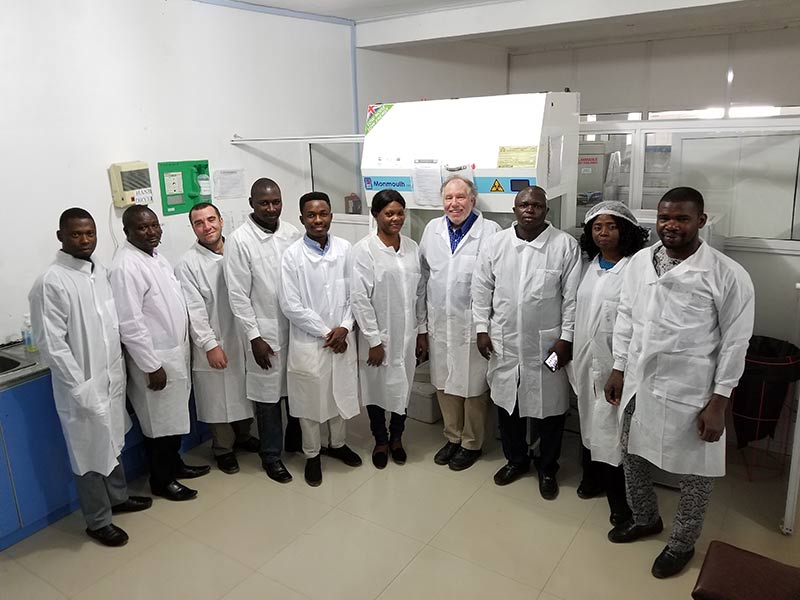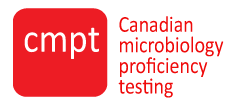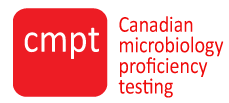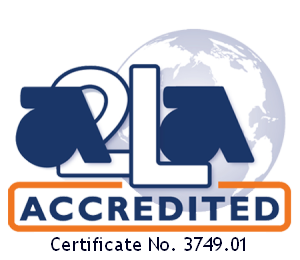About 10 years ago, CMPT started on a mission to help EQA programs around the world see the advantages of making their own stable, clinically relevant bacteriology samples as opposed to single function lyophilized ones. Working with organizations like the World Health Organization and interested governments, we found a substantial audience mainly in the Middle East, Asia, and southern Africa, and Europe.
At the time the idea was to bring laboratorians to Canada rather than have us go to them. The thinking was sound, in large part because while we could do our own work and teach at the same time (thanks to CMPT staff, like Caleb and Esther); but equally important, there was no way that we could survive taking 10 day training trips and keep CMPT on schedule here. The program worked not too badly, with some of the visiting teams going back and having huge improvements.
But the program was not totally successful. Some of the programs sent the wrong people, managers rather than laboratory workers, and some went home and were no interested in follow-through. And for many, the cost of sending two people to Canada for two weeks was very, very, very expensive. It was not a sustainable project to find people interested from countries that could afford the training. And so the program stopped.
 But by chance, the program had an opportunity to return, with an interesting partnership. While we were doing our on-site training CMPT developed a collaboration with another Canadian EQA program that although may be weak in the area of making clinically relevant stabilized microbiology samples, is very strong in informatics and a range of other disciplines, some of which include fresh frozen serum. By changing our training program we offered our visitors the opportunity to visit Oneworld and learn about their informatics handling.
But by chance, the program had an opportunity to return, with an interesting partnership. While we were doing our on-site training CMPT developed a collaboration with another Canadian EQA program that although may be weak in the area of making clinically relevant stabilized microbiology samples, is very strong in informatics and a range of other disciplines, some of which include fresh frozen serum. By changing our training program we offered our visitors the opportunity to visit Oneworld and learn about their informatics handling.
Following a lot of discussion we came to a new strategy. Rather than have people come here, through a different funding model though Oneworld Accuracy, I would be able to take the training abroad. I worked with their staff, especially their microbiologist Jean Frederic Flandin, and we developed a related, but different training program which we just recently trialed in a laboratory near Abuja, Nigeria. (Of interest, Nigeria is almost the exact same size as British Columbia, but has over 200 million population and over 5,000 medical laboratories!)
Over a period of a week we covered a lot of ground including stabilization of samples, homogeneity, and the creation of a number of different sample formats. While the training had a lot of challenges, on balance I felt we had some pretty substantial successes. We will continue to work with them at a distance, but with a goal that they will create samples for send-out before 2020.
As it turned out the training occurred in the same city where the African Society for Laboratory Medicine was hosting their annual meeting. People were met, discussions were held, and now plans are being made with several additional countries.
The bottom line truth is that laboratories around the world understand the value and importance of EQA as an important approach to monitoring laboratory Quality, and relying on mailed in samples from mega-organizations from developed countries is not an ideal (barely useful) go-forward strategy.
So we will see how things go.
Dr. M. Noble



